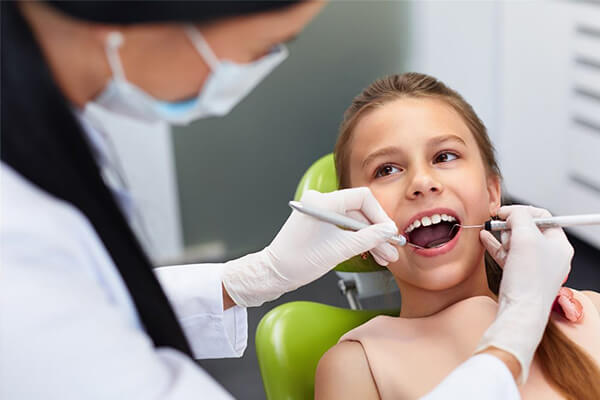
Pediatric Dentist Service
What is a Pediatric Dentist?
Pediatric dentists are also called kids’ dentists or child dentists. They are basically dedicated to the oral health of children from infancy through their teenage. They have an experience and qualifications to care of a child’s teeth, gums, and mouth throughout at the various stages of childhood.A child begins to get his first baby teeth during the first 6 months of his life. By the age 6 or 7 years, they start to lose their first set of teeth, which eventually are replaced by secondary set, i.e., permanent teeth. Without proper dental care, a child can face possible oral decay and diseases that can cause a lifetime of pain and complications.
What Kind of Training Do Pediatric Dentists Have?
Pediatric dentists have completed at least:
• Four years of dental course (BDS)
• Two years additional course of residency training in dentistry for infants, children, teens, and children with special needs.
What Types of Treatments Do Pediatric Dentists Provide?
Pediatric dentists provide comprehensive oral health care that includes the following :
• Infant oral health examination, as it includes the risk for both mother and infant.
• Preventive dental care which includes cleaning and fluoride treatments, as well as nutrition and diet recommendations too.
• Habit counseling (for example, thumb sucking)
• Early assessment and treatment for straightening teeth and for correcting an improper bite.
• Cure of tooth cavities or any other defects.
• Diagnosis of oral conditions associated with some other diseases such as diabetes, congenital heart defect, asthma, hay fever, and attention-deficit/ hyperactivity disorder.
• Management of gum diseases and conditions including ulcers, short frenula, mucoceles, and any pediatric periodontal disease.
• Care for dental (teeth) injuries (for example, fractured, displaced, or knocked-out teeth)
Pediatric Dentists — The Best Care For Children
Children are very small naughty creatures of God. They are not always cooperative or patient during a dental exam. Pediatric dentists know very well that how to examine and treat children in its own ways that make them feel comfortable. Also, pediatric dentists use specially designed equipment that is arranged and decorated for children.
What Kind Of Dental Emergency Can Be Handled By A Pediatric Dentist?
Knocked-out tooth
If a permanent tooth has been knocked out, it is optimal to get the tooth re-implanted in the child’s mouth within 30 minutes if possible.
You just have to-
Hold the tooth by the crown, not from the root.
If the tooth is not dirty or fractured, put it back in the child’s socket and tell the child to keep it there by biting on gauze or on a clean cloth. Do not worry if you haven’t placed it exactly right, because it is better to be in the socket than not.
If the tooth is dirty, fractured, or if you can’t get it in the socket, put it in a cup with milk, and take the child and his tooth to us, as quickly and safely as possible. If the child is old and mature enough, he can keep the tooth in his mouth itself to transport it.
While having a permanent tooth re-implanted within 30 minutes is the best idea out of whole treatment, there are many documented cases of successful re-implantation after the tooth has been out for a longer period of time. If, for any reason, you cannot make contact with our clinic within 30 minutes, or you are out of town, follow the instructions given above.
If a primary or baby tooth has been knocked out, then there is no need to save it.
Chipped or fractured tooth
If a tooth has been chipped or it is fractured, it is important to bring your child to the dentist as quickly as possible to evaluate the trauma, especially if the tooth is primary or permanent. With a chip or a small fracture, the protective hard enamel of the tooth has been compromised, and it is possible for bacteria to enter into the pulp and nerve of the tooth and it may cause infection. The tooth must be sealed to keep the bacteria away from the mouth.
In most of the cases, the tooth is not completely restored after trauma as the objective is to protect the tooth from bacteria and to allow it to heal. After several weeks, another appointment should be made to place an esthetic and functional restoration for the affected tooth.
Jaw injury
If your child has an injury in his jaw, take him or her to the emergency room for immediate care as necessary, and come to the dentist as soon as possible. The dentist will check if there is any fracture in the jaw and will perform a complete dental exam. Depending on the injury, the dentist may need to consult with an oral surgeon.
Cut or bitten tongue, lip or cheek
If your child has cut or bitten his tongue, lip, or cheek, there can be bleeding, swelling and discomfort. What you can do is- Apply direct pressure on the bleeding area using clean and fresh cloth. If the swelling is present, use a cold compress to reduce the swelling and to reduce the discomfort of the child.
Appointment
Book An Appointment Now!
We at All Brite Dentistry want to give each of our patients the most gentle and highest quality dental care possible. It starts with your very first phone call. Compassion and understanding are a priority.
Our Services
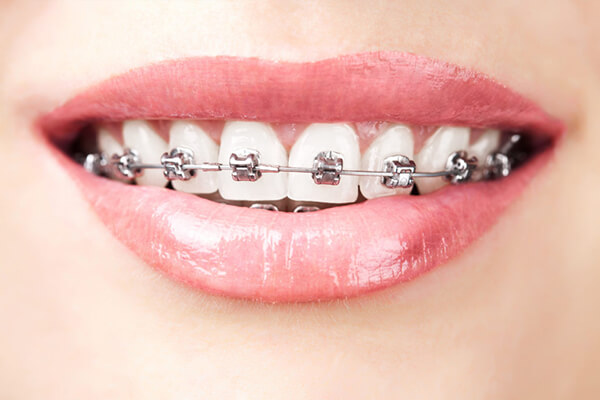
Teeth braces or dental braces
Dental braces are also known as braces, or orthodontic cases are the devices which are used in orthodontics that aligns and straightens your teeth.
Read More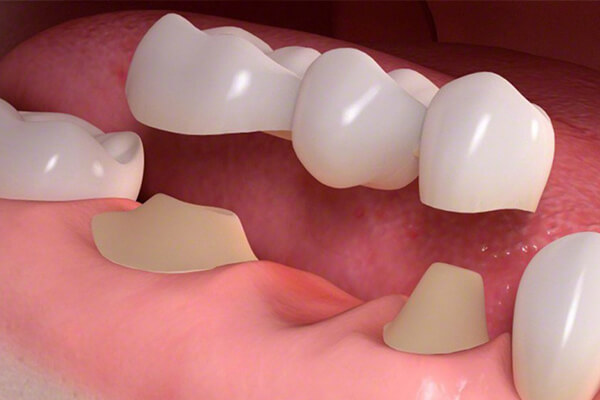
Dental bridges
A bridge is a fixed dental restoration which usually replaces one or more missing teeth by joining an artificial tooth adjacent to the other teeth.
Read More
Dental implants and restorations
A dental implants are also known as an Endosseous implant or a fixture is a surgical component that interfaces with the bone of the jaw or skull.
Read More
Dental crowns or teeth crowns
A crown, which is also known as a dental cap, is a type of dental restoration which completely caps, covers or encircles a tooth or dental implant.
Read More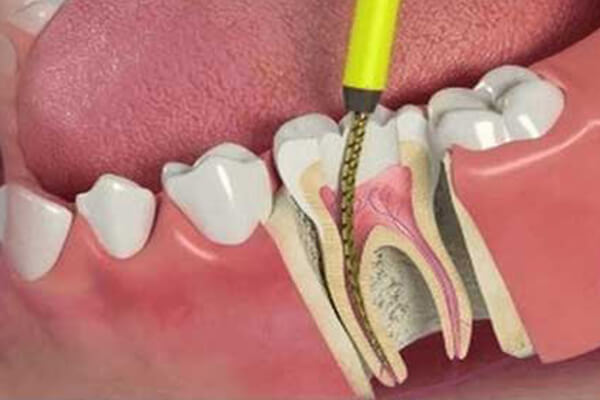
Root canal treatment/procedure
Endodontic therapy, which is also known as endodontic treatment or root canal therapy, is a treatment for the infected pulp of a tooth which results in the cure of infection.
Read More
Dentures
Dentures are the artificial teeth worn by the people who don't have their real teeth. Dentures are also called false teeth or dental plate.
Read More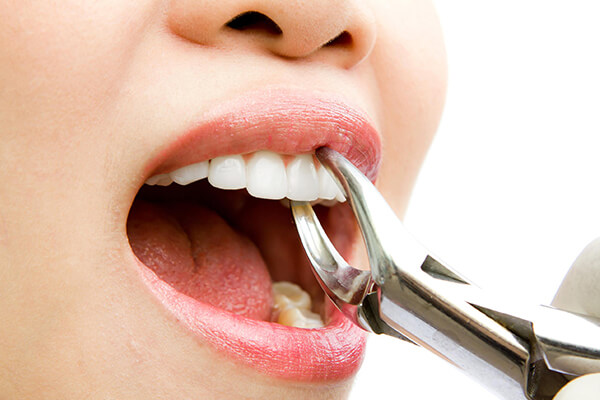
Teeth extractions
Although permanent teeth were meant to last for the lifetime, there are a number of reasons because of which tooth extraction may be needed.
Read More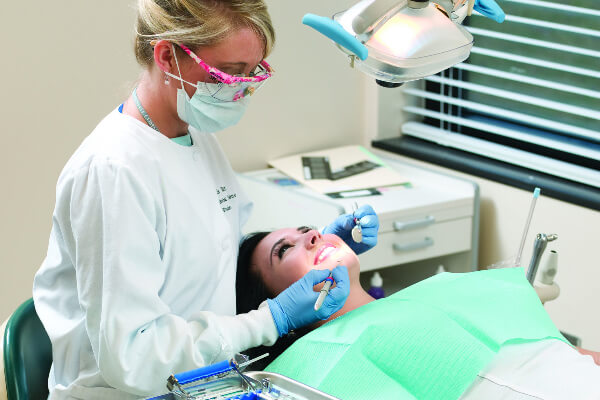
Dental hygiene
Dental Hygienics is one of the leading providers of dental decontamination equipment and products.A dental hygienist is a licensed dental professional.
Read More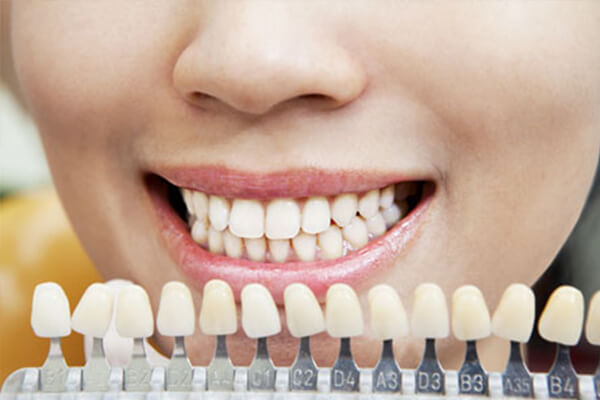
Teeth veneers
Dental veneers are wafer-thin, customized shells of tooth-colored materials designed to cover the front surface of your teeth to improve your appearance.
Read More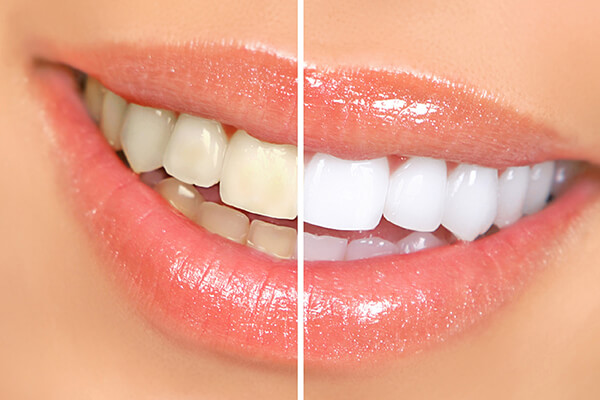
Teeth whitening
Teeth whitening involves the bleaching of your teeth to make them lighter, clean and white. It can't make your teeth brilliantly white, but it can lighten the existing color.
Read More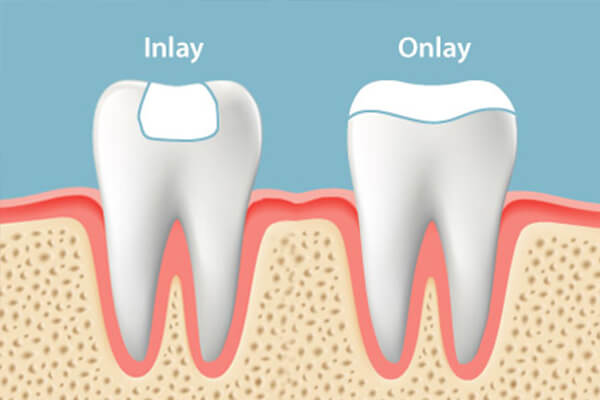
Inlays and onlays
Inlays and Onlays are used when the tooth has experienced too much of damage that it cannot support a basic filling, but not so much damage that a crown is necessary.
Read More
Cosmetic dental fillings
Aesthetic dentistry is a branch of dentistry that involves skills and techniques to improve your alignment, smile’s appearance, shape, color, and size.
Read More
Pediatric dentist
Pediatric dentists are also called kids’ dentists or child dentists. They are basically dedicated to the oral health of children from infancy through their teenage.
Read More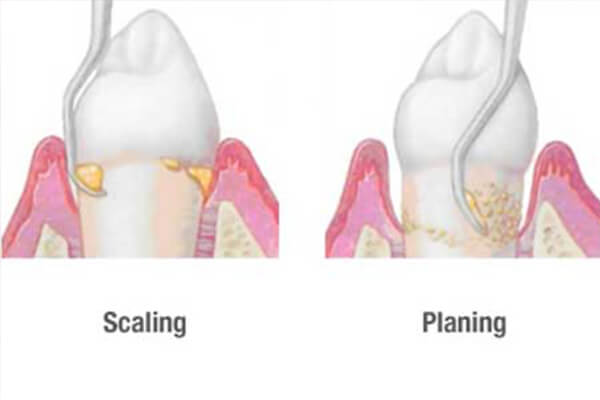
Teeth scaling and root planning
Teeth scaling and root planning is a procedure involving removal of dental plaque and calculus ( tartar ) and then smoothing of the (exposed) surfaces of the roots.
Read More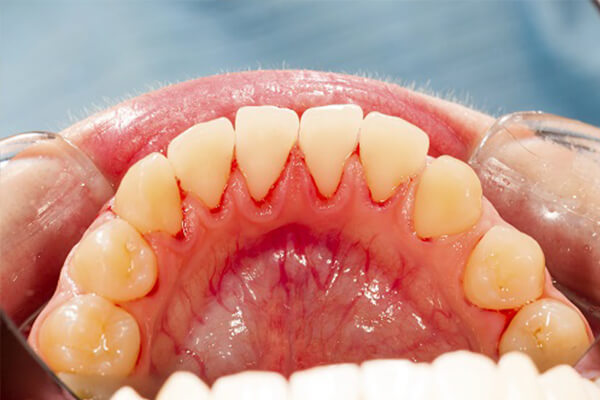
Periodontal gum disease
Periodontology is the specialty of dentistry that studies for the supporting structures of teeth, as well as the diseases and conditions that can affect them.
Read More
Cosmetic dentistry
Cosmetic dentistry refers to any kind of dental work that improves the appearance (not necessarily the functionality) of teeth, gums and/or bite.
Read More
Family dentistry
Consetetur sadipscing elitr, sed diam nonumy eirmod tempor invidunt ut labore et dolor erat, sed diam voluptua, maiores possimus fugiat repellat totam.
Read More
Emergency dentistry
Before searching for an emergency Dentist, It is important to know that what kind of injuries really required an emergency dental care, so you can make sure that teeth are taken care.
Read More
Dental exams and cleanings
Many people feel afraid of teeth cleanings. Between the prodding, strange noises, and the occasional jaw discomfort, it’s easy to understand their apprehension.
Read More
Dental X-Rays
X-rays are also known as radiographs. An x-ray is a type of ray energy that passes through soft tissues and is absorbed by dense tissue. They are diagnostic,also be preventative.
Read More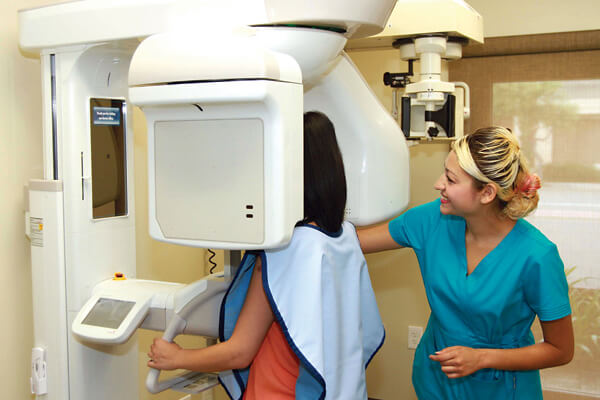
CT scan
CBCT stands for Cone Beam Computed Tomography. It is a technology used to take three dimensional (3-D) images of your teeth, maxillary sinus, nerve pathways, and bone .
Read More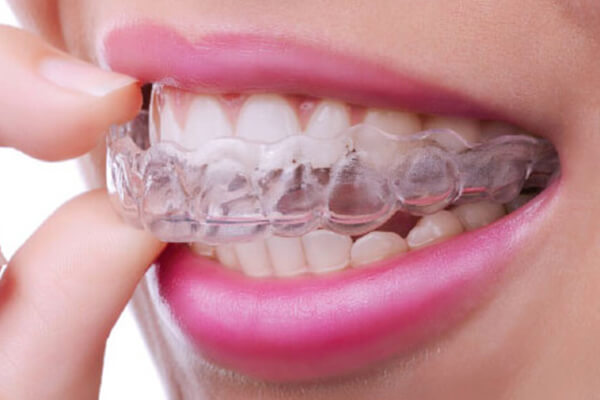
Night guards
A mouth guard is a protective device for your mouth that covers your teeth and your gums to prevent and reduce the injury to your teeth, arches, lips, and your gums.
Read More
Sleep apnea dentist
Sleep apnea is a sleep disorder in which your breathing starts and stops repeatedly. If you snore loudly and feel tired even after having a full night's sleep.
Read More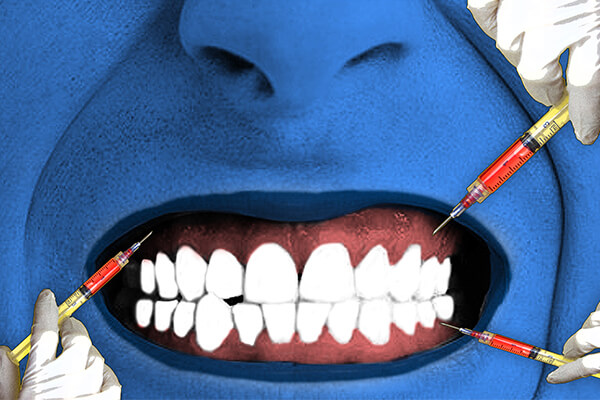
Dental botox theraphy
The active, therapeutic neurotoxin is harvested, separated and purified in a laboratory to make it safe and effective for the treatment.
Read More